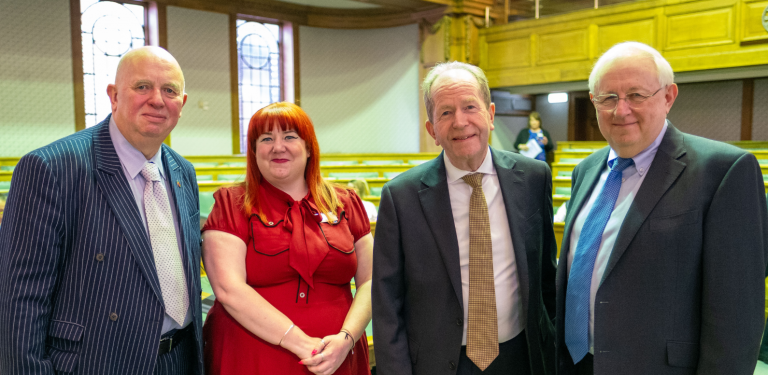Hull-based Sewell Group has been appointed to a major new framework agreement to support the decarbonisation of public sector organisations, including the NHS.
The £500m framework from NHS Shared Business Services (NHS SBS) will help public sector organisations decarbonise their estates, through work such as creating decarbonisation plans and retrofitting aging buildings with new technology such as photovoltaic and ventilation systems, as well as internal and external wall insulation, replacement of windows and doors and monitoring and optimizing buildings already in use to reduce their carbon footprint.
The framework covers everything from consultancy to construction, providing holistic or turnkey services to make decarbonisation projects a reality.
The new four-year framework will help estates managers across the public sector to produce greater value by combining decarbonisation works with their backlog works, to create cleaner, greener and more attractive estates.
Any long-term financial gain generated from energy cost reductions can be used towards high-risk maintenance issues, new equipment or additional staff, improving staff and patient experience and the ability to deliver high quality care.
The framework is just one of the measures which has been put in place to help the NHS achieve its ambition of becoming the world’s first net zero national health service, reaching net zero by 2040 for the emissions the NHS controls directly.
Sewell Group has a number of estates businesses, including construction companies Sewell Construction and I&G, estates consultancy Sewell Advisory and Sewell Facilities Management, meaning Sewell Group are able to provide a varied range of services to support public organisations in the delivery of decarbonisation and retrofit works.
Steve Dam, Retrofit Lead at Sewell Group, said: “Decarbonisation of the country’s public sector is essential, both to reach net zero targets and to help combat rising energy costs.
“We’re delighted that Sewell Group has been chosen to support the journey to net zero, and we’re looking forward to bringing our expertise in sustainable refurbishment and retrofit to help the NHS and other public organisations create sustainable buildings and modernize their existing estate.”
Anjub Ali, Senior Category Manager at NHS SBS, said: “With the announcement of over £1bn for public sector decarbonisation in 2024’s Budget, the Department for Energy Security and Net Zero confirmed funding for the next wave of the Public Sector Decarbonisation Scheme.
“This new framework agreement will support the delivery of the NHS’s ambition in ‘Delivering a Net Zero Health Service’ and is a response to the profound and growing threat to health posed by climate change. It is geared towards helping the NHS modernise and decarbonise aged assets and buildings throughout the public sector’s estates.”
The framework allows organisations across the north of England to make direct awards to Sewell Group, and the framework agreement can be used by all NHS and wider public sector bodies, including local authorities, universities, schools, police, blue light, central government and third sector organisations.
Sewell Group was chosen to be a part of the framework after being assessed on their ability to reduce the environmental impact of service delivery through state-of-the-art equipment, decreased energy and fuel consumption, and the monitoring of data from retrofit projects.












